The digital world has caused everyone to curate a frontstage of themselves. This is displayed in a structure that is ŌĆ£appropriate conduct, coherent, embellished, and well-articulatedŌĆØ (Goffman, 1959;75). The BeReal app has created a wave in the digital culture by challenging the highly curated nature of traditional social media. Encouraging a more ŌĆ£authenticŌĆØ presentation of the self. Launching a simple platform in which the user needs to post a picture simultaneously once a day, without any prior planning. BeReal has reshaped how media users construct their online identities by leaning towards an unplanned, spontaneous opportunity to create.
BeReal emphasizes on unfiltered authenticity through their core design. This involves the user to post a picture of themselves and their surroundings at a random time each day. The setup breaks from the concept of ŌĆśhighlight reels and aestheticŌĆÖ styles we come across on apps such as Instagram, where people share only the most photogenic and best moments. However, with BeReal, there is no time to find the perfect lighting, location or fixing your appearance. Providing a much more unfiltered glimpse into the usersŌĆÖ lives. This real-time spontaneity has caused a shift where users tend to feel more comfortable posting photos that capture the imperfect and mundane moments, destroying the societal pressure to appear in the most perfect form online. Identity on BeReal feels closer to an honest reflection of a day-to-day life, diving into someoneŌĆÖs backstage rather than seeing an aspirational, polished frontstage that oneself puts on.
Social media comes with the traditional aspect of significant anxiety and social pressures around engagement, likes and comments. BeReal has these metrics minimized, this allows the user to simply share an authentic moment. There is no follower count or any competitive stats, BeReal strongly discourages the performative data as this is what defines the construction of identity in digital media. This simply allows the user to not feel as if they are ŌĆśon stageŌĆÖ as it reduces performance pressure. Due to this, digital self-expression feels safer to users with less anxiety being induced. Especially considering those who find traditional social platforms overwhelming.
The popularity that BeReal achieved influenced other platforms, subtly encouraging a turn towards unfiltered content. This shift illustrates a huge pivot in the digital culture from a polished front stage, of influencer-driven digital identities towards the normal backstage of the user. The app provided many a break from the exhausting standards they needed to reach on digital platforms to ŌĆśfit inŌĆÖ and play a certain identity which they arenŌĆÖt. However, it has not fully eliminated the performative tendencies completely but has redefined what it means to have a ŌĆśrealŌĆÖ identity online. Resulting is a broader digital shift that reminds everyone that authenticity is imperfect, mundane and rather messy. This is increasingly being reached for in this digital age.ŌĆ£Identity is the essential core of who we are as individuals, the conscious experience of the self-inside,ŌĆØ (Anzald├║a, G.. 2004).
What are your thoughts on the possibility of users on digital platforms to show their complete identity or ŌĆśbackstageŌĆÖ, will this ever be achieved?
References:
Ytreberg, E., Erving Goffman (1959) The Presentation of Self in Everyday Life. In Classics in Media Theory (pp. 84-95). Routledge.
Anzald├║a, G., 2004. Borderlands/La Frontera. na.

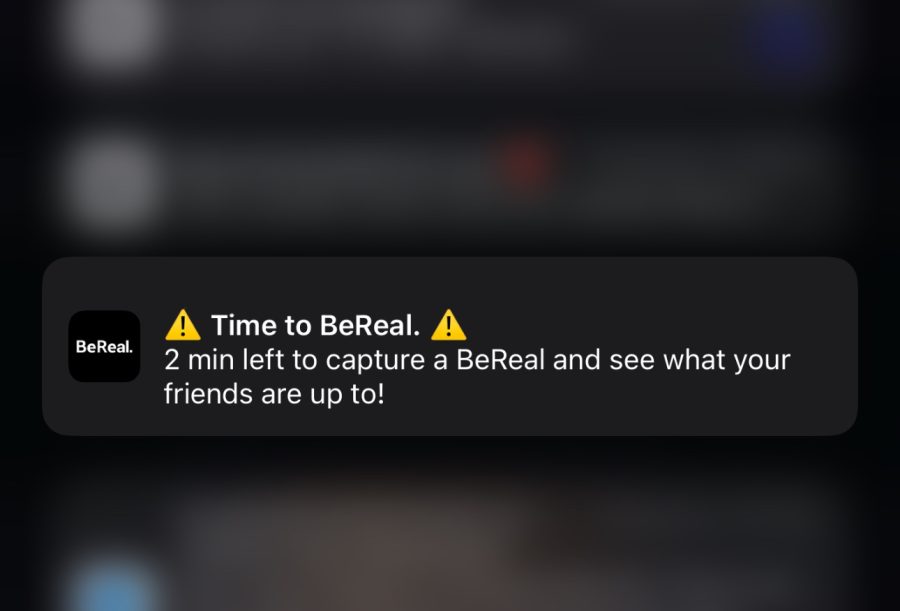
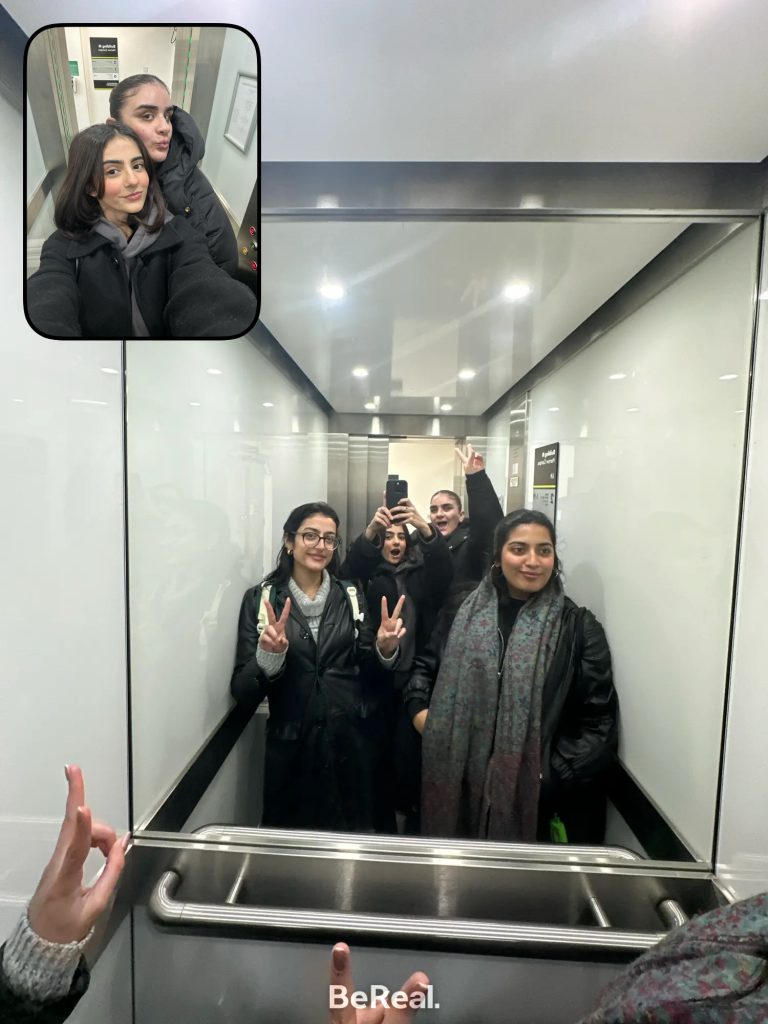
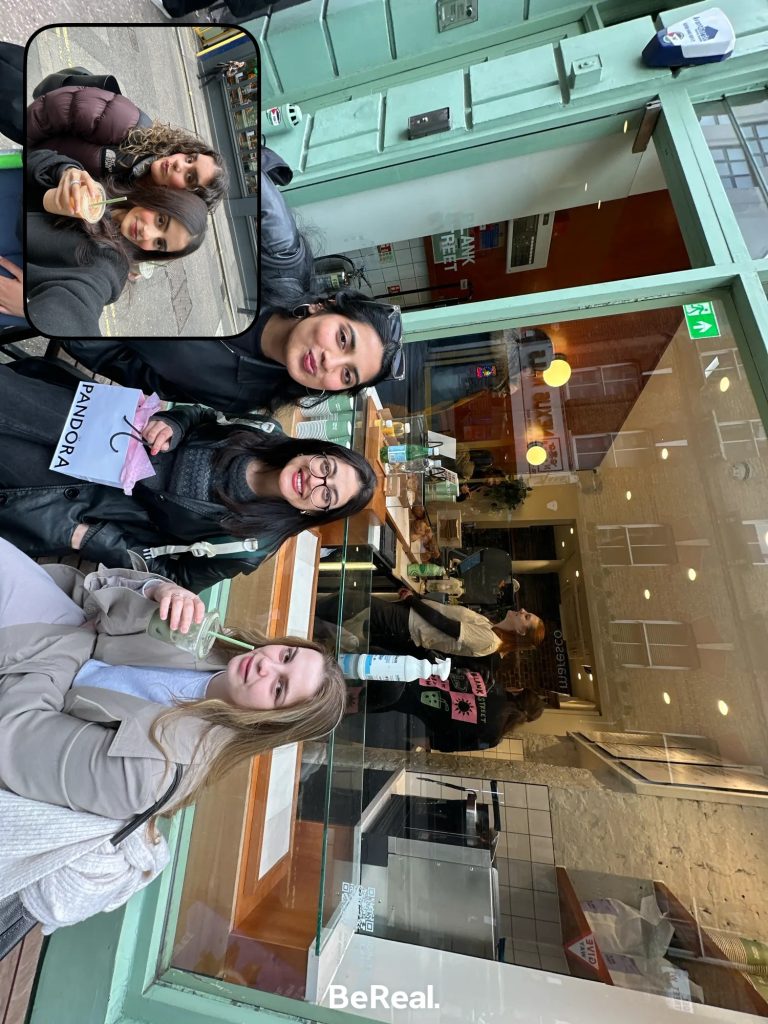
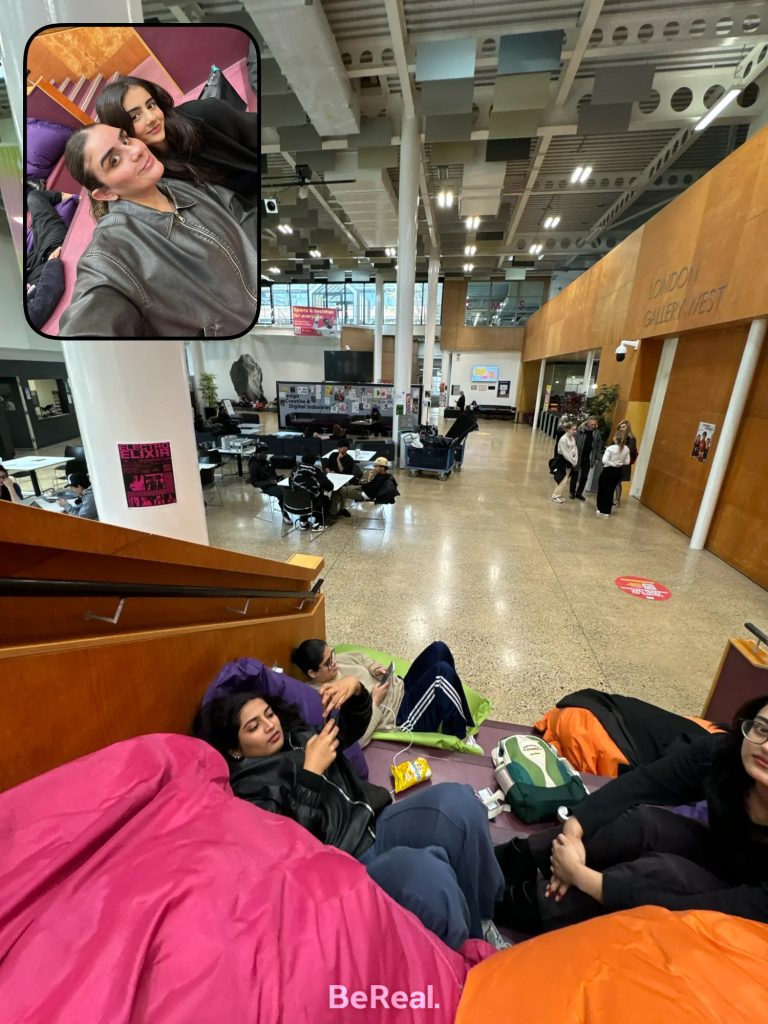
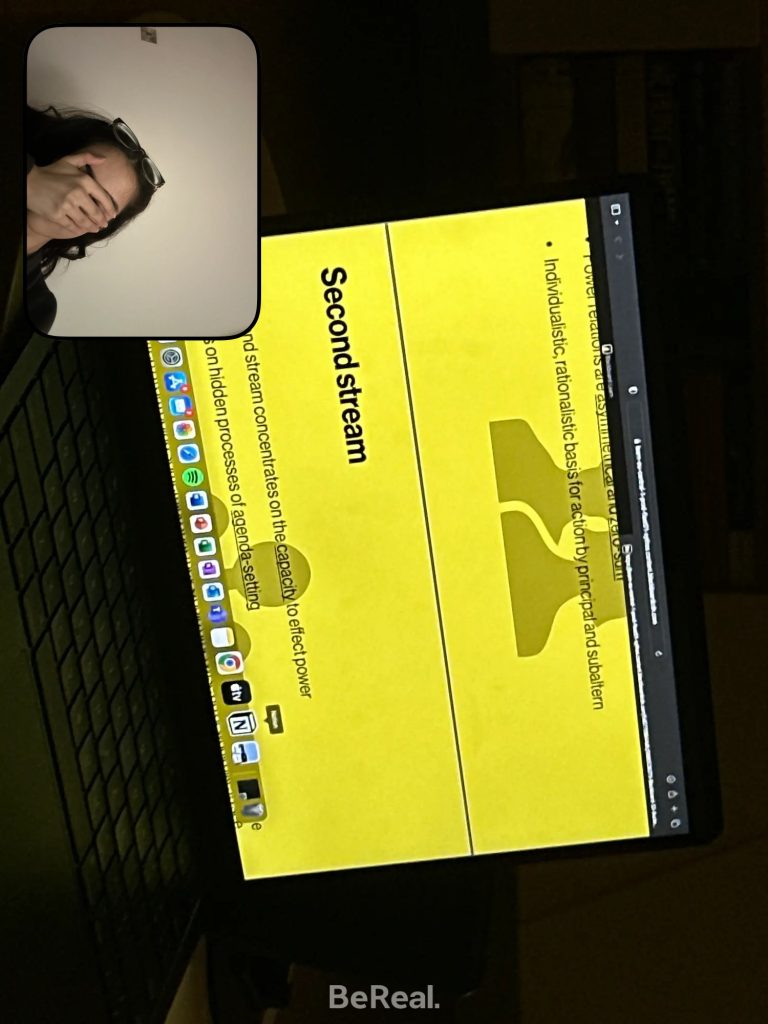
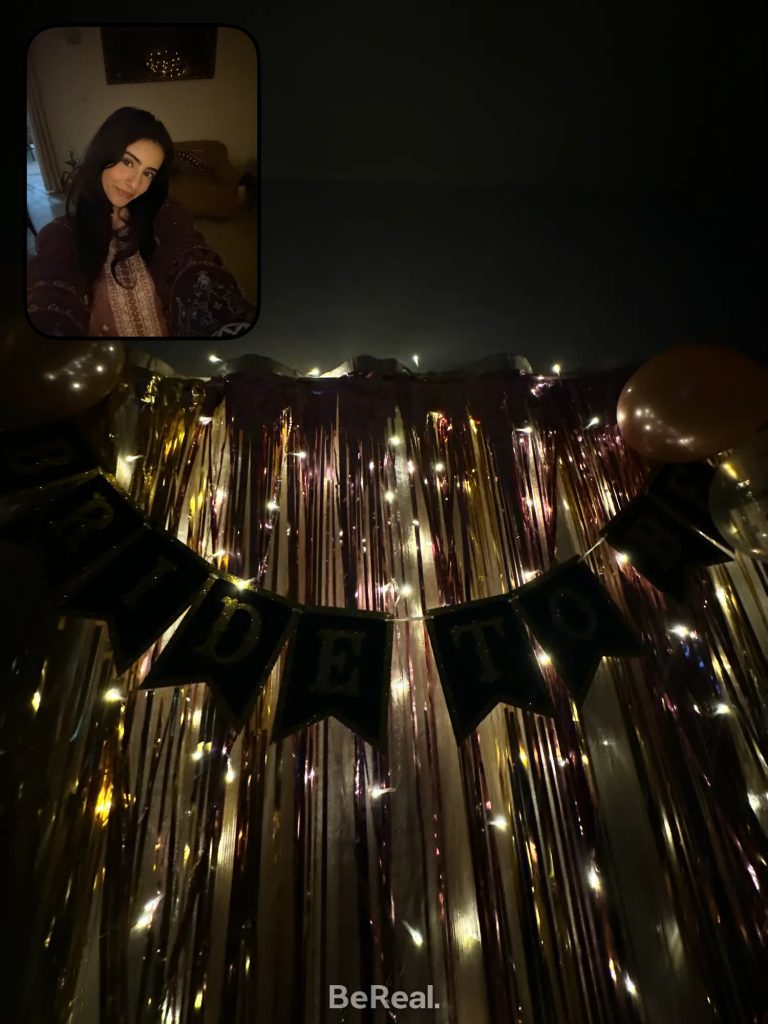
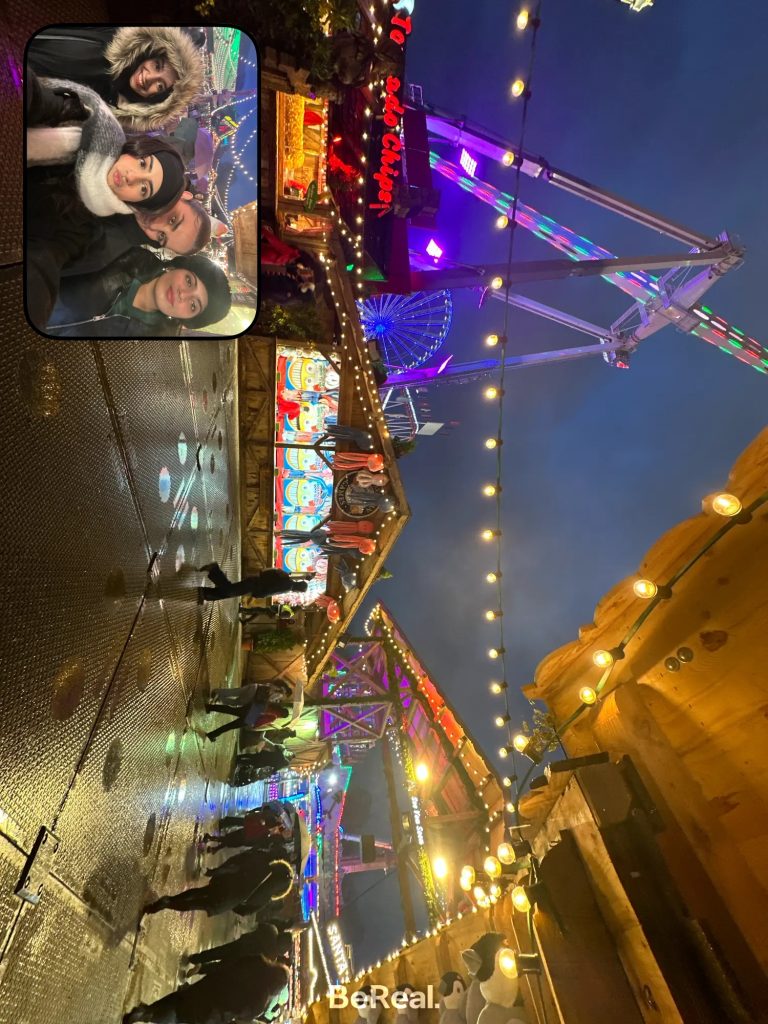
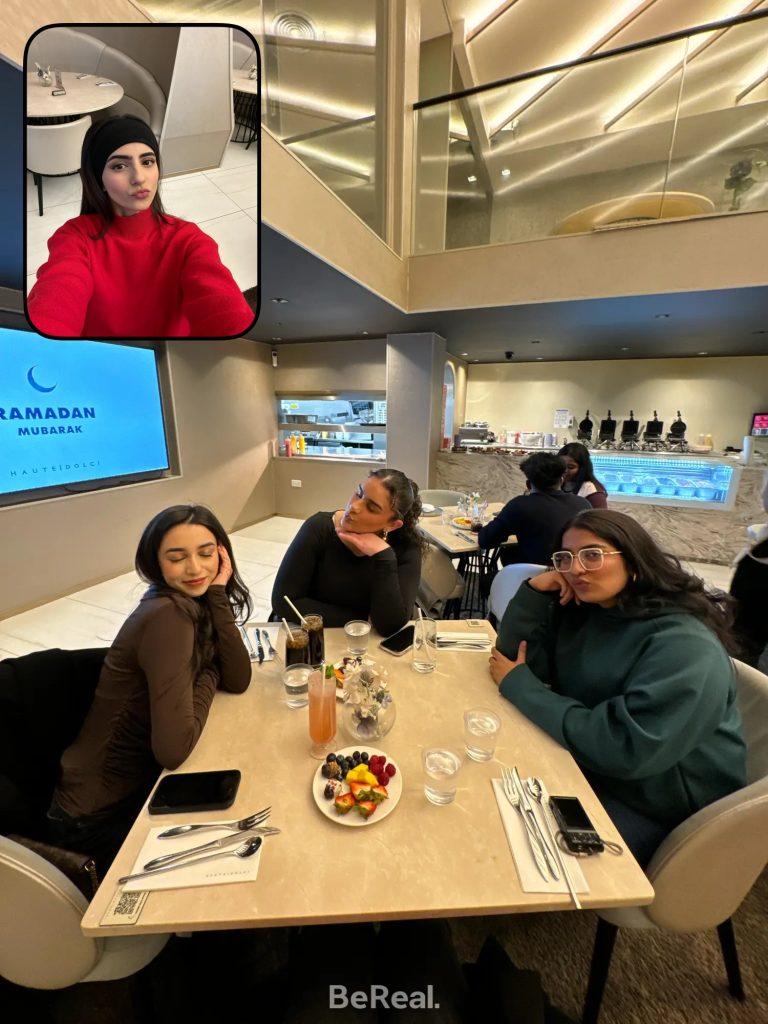
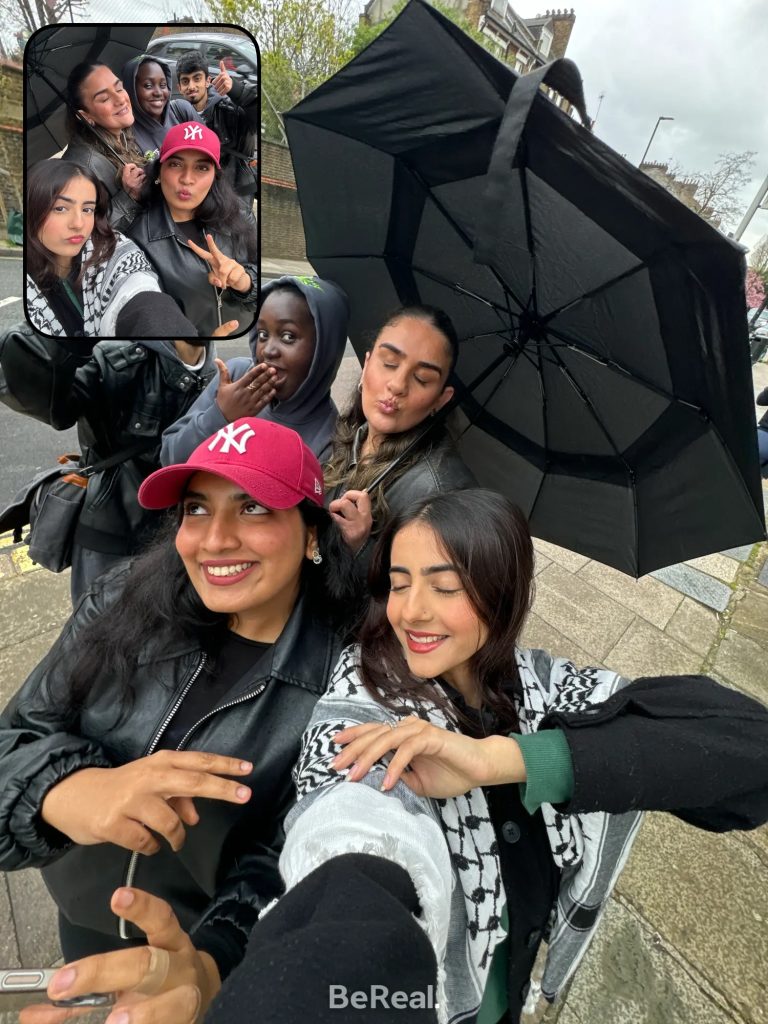
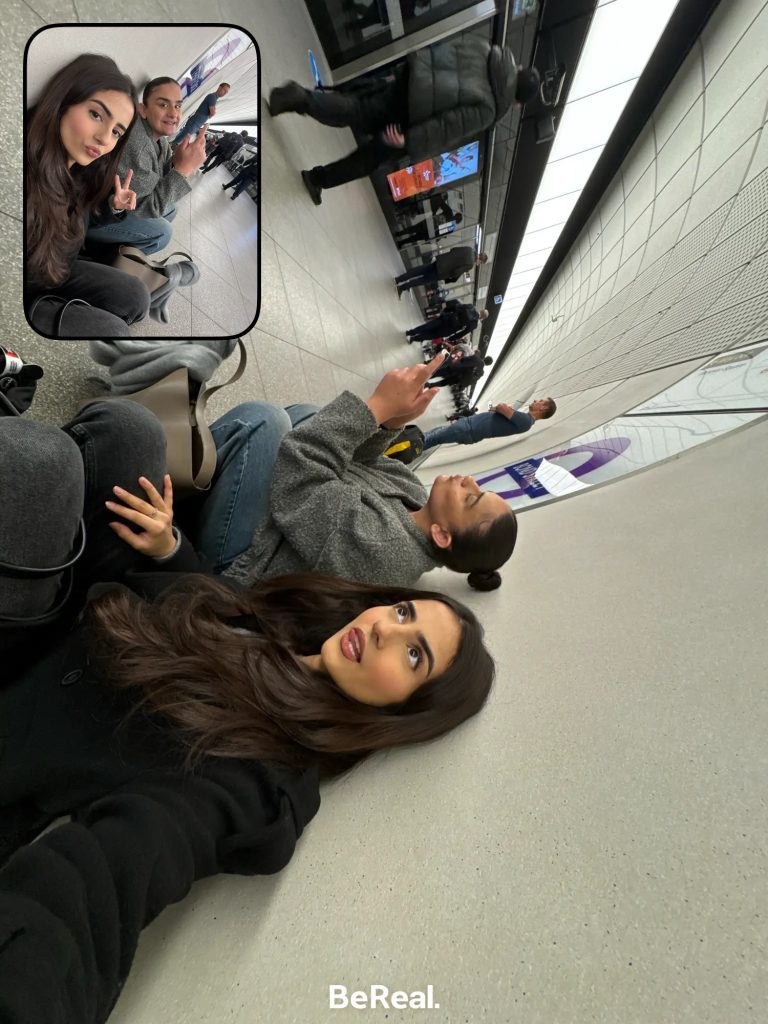
I really like the way you explained how BeReal changed the landscape for social media, encouraging imperfection and a more true form of yourself. Your use of personal pictures of examples really help with showcasing how BeReal promotes imperfection. You also chose
really good example in which Identity in the Digital world has changed with BeReal and how other apps are different. You also linked BeReal really well to certain writings. After reading this blog, I can’t think of any big improvements that could be made. Really well written!!
Your perspective on BeRealŌĆÖs impact on digital identity is insightful, especially on how it reduces performance pressure and encourages spontaneity. The shift toward embracing everyday imperfections is refreshing.
But does BeReal truly eliminate the performative aspect? Even on BeReal, users know their posts will be seen, which still influences what they choose to share. And since many people delay posting until theyŌĆÖre doing something more interesting, itŌĆÖs clear that some curation still takes place. However, itŌĆÖs a step toward a digital culture that values authenticity over perfection.
Love this post. I enjoyed how you explained BeRealŌĆÖs focus on authenticity and how it differs from other social media apps. Seeing a platform encouraging people to share real moments instead of perfect ones is refreshing. Do you think people might start staging their BeReal posts over time, or will the appŌĆÖs design keep it genuine? ItŌĆÖd be interesting to see if it can stay true to its app and what they are trying to show.